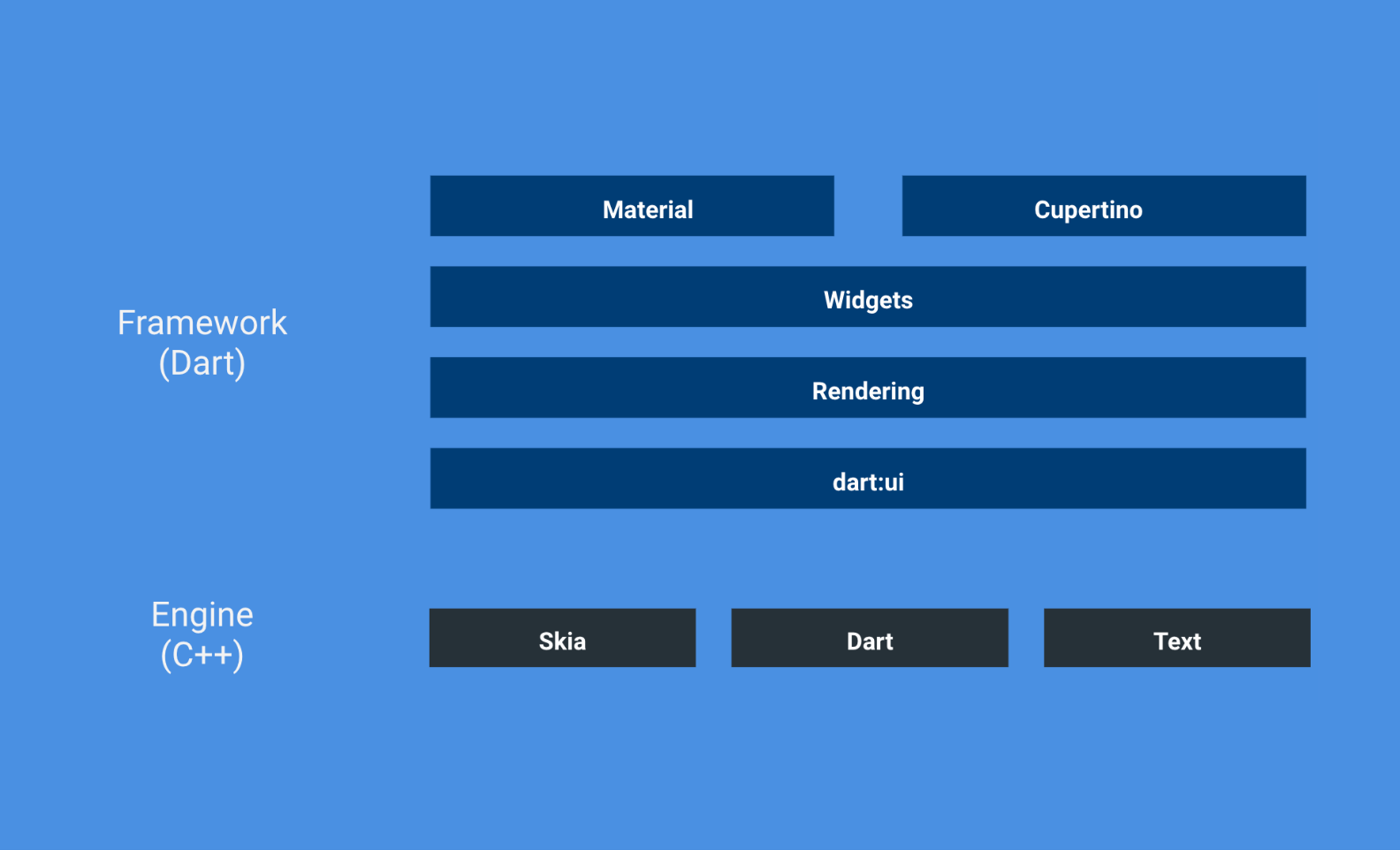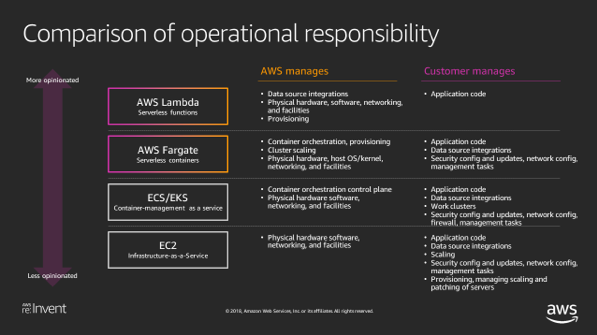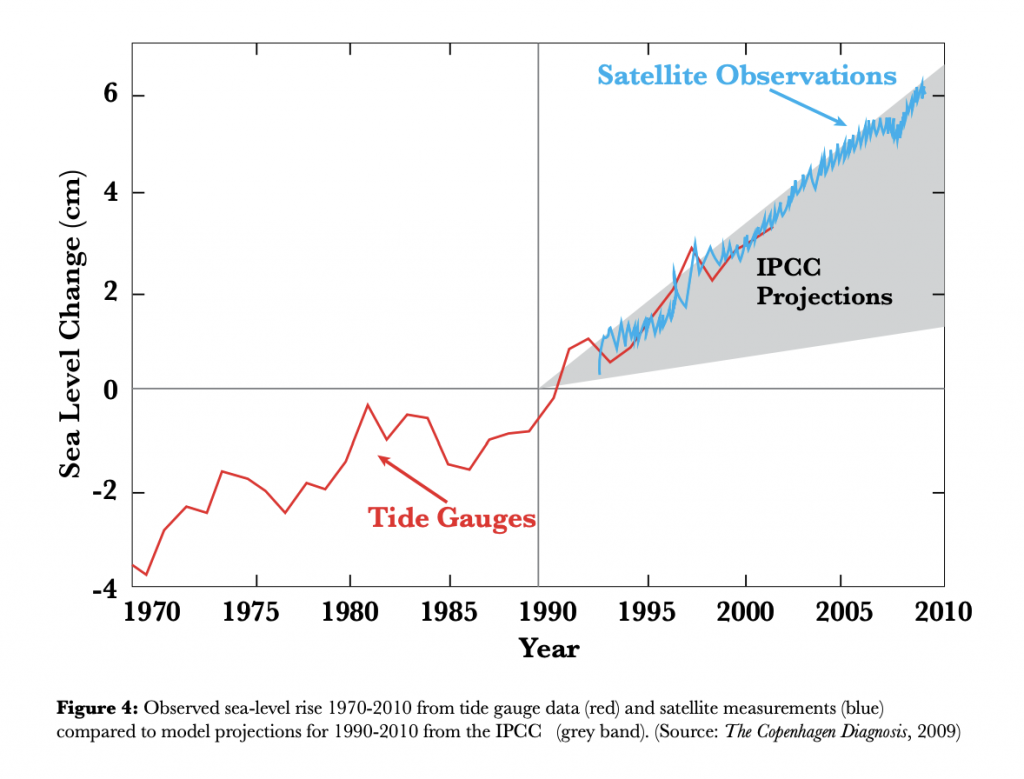Sections
Collapse
[avatar user=”malm” size=”small” align=”left” link=”file” /]
Several hundred Amazon staff are prepared to walk out for a day over climate change:
We want Amazon to commit to zero emissions by 2030 and pilot electric vehicles first in communities most impacted by pollution. We should be leaders reaching zero first, not sliding in at the last moment.
— Amazon Employees For Climate Justice (@AMZNforClimate) September 9, 2019
Pledge to walk out with us: https://t.co/Ubcm6G2XWQ pic.twitter.com/vGmLIs9rnY
Kudos to anyone working there who is prepared to take action – it’s is not an easy environment in which to take any kind of political stand.
It’s unlikely their actions will result in any fundamental change in direction at Amazon, one of the most notorious engines of latter-day capitalism, but it does matter that they are doing it. Ex-AWS developer advocate and fellow climate activist Paul Johnston in a bracing call to arms explains why:
Join a movement
Or start a movement
Don’t do the tech thing and try to be “The One To Fix It”
Because getting people to work together to fight Climate Change is far more likely to have an impact.
Fighting Climate Change isn’t a startup problem.
Fighting Climate Change is an everybody problem.
Get on board.
He makes a point of emphasising that collective action, feet on the street, is far more potent than individual statements:
Your individual actions, your recycling, your going vegetarian or vegan, your using a metal bottle instead of plastic, your flying less (Flygskam if you will) will almost certainly make no difference at all to Climate Change.
and that we all need to be aware of the fallacy that “somebody else will fix the “Climate Crisis” problem“. He’s bullish about the possibility of a turnaround based on his view that societal awareness and alarm is shifting the political landscape fast:
It’s not about you, it’s about us.
The thing is… with Climate Change, the Overton Window has moved.
Climate Change is more important to voters in the UK than a stable economy
Johnston draws attention to the excellent Project Drawdown which helps to raise awareness of where we need to focus our new found sense of action and it includes non-obvious areas like refrigeration and women’s education.
We have long known the root cause of the situation we are in namely, human rapacity of the natural world exacerbated by the same technology that it is claimed will save us:
“The root cause, the source of the symptoms, is 300 years of our relentlessly exploitative, extractive, and exponentially growing technoculture, against the background of ten millennia of hierarchical and colonial civilizations. This should be no news flash, but the seductive promise of endless growth has grasped all of us civilized folk by the collective throat, led us to expand our population in numbers beyond all reason and to commit genocide of indigenous cultures and destruction of other life on Earth.”
Tech is very much part of this problem:
From storing the videos in data centers to transferring them to our computers and smartphones via cables and mobile networks, everything about watching videos online requires electricity, so much so that our collective streaming emitted as much carbon as all of Spain last year.
And electric cars aren’t going to save us from what’s coming:
Gasoline sales are at record levels, and any attempt to convert the U.S. auto sector to EVs will overwhelm global markets in commodities such as cobalt and copper.
The consistent understatement of existential risk remains the heart of the problem in many senses. There is already plenty of evidence of the inexorable changes we are inflicting on the plant for instance in sea level rise where we appear to be heading for a 2m rise by 2100 based on projected data. That itself is a cautious best guess as we have no clear view of how much more than that it may be. The What Lies Beneath report released a year ago made the case that are unforeseen elements such as the collapse of unstable undersea methane hydrate stores that could skew even this scary figure dramatically upwards.
We are heading for an endgame “where very soon humanity must choose between taking unprecedented action, or accepting that it has been left too late and bear the consequences”. As a species we have always had a morbid fascination with eschatology, the study of last times but it has perhaps became detached from everyday life in the 20th century as technology-fuelled capitalism overran religious visions of apocalypse. We need to wake up fast because we are heading into the heart of catastrophe:
We have to believe that the end of the world can happen, even as we believe that we can do something about it. And we can.
In our lifetimes, denier or not, we are all going to find out that we’re in this together and this is really happening.
While most people don’t have suicidal impulses and don’t commit suicide, it’s hard to argue that our species doesn’t have a death wish, however subconscious. It’s an incredible thing to live in the midmorning of the 21st century and watch civilization self-destruct in real time.
Artificial Intelligence
Francois Chollet, author of Keras, on the state of AI and many other fascinating subjects besides including our excessive resource consumption and the shock of seeing deep learning work. He’s an AI skeptic still viewing the latter as a very very long way away from human level intelligence though and questions our belief in the inevitability of the “intelligence explosion” seeing only linear progress at best. Chollet comes across as a really interesting and thoughtful person describing Keras as “scikit-learn for deep learning“.
The biggest problem in AI its that machines have no common sense as celebrated AI skeptic Gary Marcus explains here:
Well before AI becomes sentient, it will be exploited for more prosaic and altogether human reasons. The Chinese state is using it in the service of a massive program to build a 21st modern panopticon with technology providing the means of surveillance and population control through an increasingly devious and sophisticated range of delivery vectors.

And humans are not above exploiting AI related trade secrets for their own financial benefit as cited in the case of Anthony Levandowski charged with taking them to Uber when he moved over from Google.
Tech
Medium beginners guide to TikTok, the app that is apparently “changing the world” but sounds like social karaoke:
On TikTok everything revolves around “sounds”. Sounds are little clips of audio, usually between 15 and 60 seconds long, which can range from music to tv shows to clips of conversations, that are overlaid on top of your TikTok video. When you record on TikTok you can first choose the sound you want to use and then as you hold down the record button the app will play the sound so you can lip synch, dance, or further choreograph your video to the words and beat of the sound.
The Guardian review of the Fairphone 3 is positive in its praise of a phone unlike any other:

You can genuinely repair this phone yourself with modular components you simply unscrew and replace. If the battery is worn out, swap it out for a new one in less than 10 seconds. The Fairphone 3 is arguably the most sustainable phone you can buy, and that’s without even looking at the firm’s efforts to source all materials and manufacture the phone in as ethical manner as possible.
Software Engineering
Interesting post on different ways of documenting software architecture from UML andd written descriptions to a modern approach called C4 through to application maps which resemble event storming approaches:

Books “that every engineering leader should read” include two Silicon Valley favourites, The Manager’s Path and Radical Candour.
This InfoQ post on an Engineers Guide to Sleep offers some excellent advice on how to make out of hours on-call engineering more palatable:
- Enable the Engineer
- Avoid out-of-hours calls, by catching more in-hours calls
- Automate failure recovery wherever possible
- Understand what your customers care about
- Break things and practice
Google’s Scott Jenson on how video games inspire great UX:
Quartz Obsession on Digital Easter eggs, “bits of code, invisible to all except their creators, and the superfans who search for them.“
Software Development
Great developers never stop learning. They read, write, listen and take courses to stay up to date. They also listen to podcasts a lot. Here is a Medium post listing some of the more interesting ones.
How Python contextlib can be used to suppress errors:
import contextlib
with contextlib.suppress(FileNotFoundError):
os.remove('somefile.tmp')
Dropbox hired Jukka Lehtosalo the author of MyPy to help them on a journey to add type annotations to a codebase of 4 million SLOC and counting.
If you aren’t using type checking in your large-scale Python project, now is a good time to get started—nobody who has made the jump I’ve talked to has regretted it. It really makes Python a much better language for large projects.
Good post on how Flutter is a highly performant layer cake technology built on top of Dart and Skia which allow developers to write applications capable of 120fps:

It’s up against Kotlin multiplatform for dominance of the modern cross-platform mobile space.
Go REST or gRPC is a good introduction to the benefits of a Swagger-first approach to developing APIs.
How to bridge node.js and Python with PyNode. Example built with express.js is in Github here. It looks promising but my attempt to build it on my Macbook with node 12.13 fell over in a heap in node-gyp land.
How AWS CTO Werner Vogels sees modern web application development – serverless is being pushed more than EKS which may fit their target demographic of small startups but isn’t where bigger outfits are headed.

Awesome simulation of an Enigma machine in a live coding notebook done in Javascript.
Science
Microplastic nurdles are the biggest pollution disaster you’ve never heard of.

A WHO report on microplastics suggests another pollution disaster in the making if not for us then for marine life:
The report urges the scientific community to further study the potential impact of microplastics on human health, and fast. And it pleads for the world at large to rein in its plastic pollution catastrophe, because human beings aside, microplastics have poisoned even remote reaches of this planet. They’re swirling deep in ocean currents and showing up in the seafood we eat. The pervasiveness of microplastic particles is horrifying, and there’s no way we can scrub the planet of them.
Culture and Society
Nathan Barley was a comedy ahead of its time. What was a joke 20 years ago turned out to be all too real. The Idiots won in the end:
Richard Stallman, doyen of the Free Software movement spoke at Microsoft and some thought it signalled the end of the world:
Richard Stallman is giving a talk at Microsoft campus.
— Ale(ssandro) Segala (@ItalyPaleAle) September 4, 2019
If the world ends today, you know why. pic.twitter.com/7RtELarcUM
And duly enough it did for Stallman. Not long afterwards he was thrown out of the FSF for behaviour brutally called out by John Gruber of Daring Fireball fame:
That Stallman’s behavior was tolerated by MIT and the free software community for decades borders on the absurd. He wasn’t brought down by ill-conceived comments in a recent mailing list thread regarding Marvin Minsky and Jeffrey Epstein; he was brought down by decades of his own inexcusable behavior finally coming home to roost.
Politics
Bloomberg believes Boris Johnson “has badly miscalculated” with his move to eject 21 MPs from the Tory party for refusing to follow the whip.
The unfortunate fact is that the machinery of British politics has become stuck on Brexit. As the process grinds on — chewing through two prime ministers and counting — it is doing worsening damage without producing any forward momentum. More of the same will hardly help. Even at this late date, the best and most democratic way out of this morass is to let the public decide the matter in a second referendum. The alternatives look bleaker by the day.
Perhaps the only way out is to concoct a uniquely British Reichstag Fire moment of our own. It should haunt everyone in the country how Germany went in 1930 from being arguably the most advanced democracy on earth to being a totalitarian state within a couple of year;
The Weimar Republic was a failed democracy, but in the 21st century, democracies fail in different ways. We can’t expect a direct re-run. But there are certainly echoes, even if they are not yet audible to most voters. By the time we hear them, we may no longer be in a position to do anything about it.
This LSE blog post sees more in common with the grey Brezhnev years of soviet decline:
“When you explore the neoclassical economics at the root of the UK’s neoliberal reforms, it has far more in common with Leninism than with the political economic doctrines of the post-war era.”

